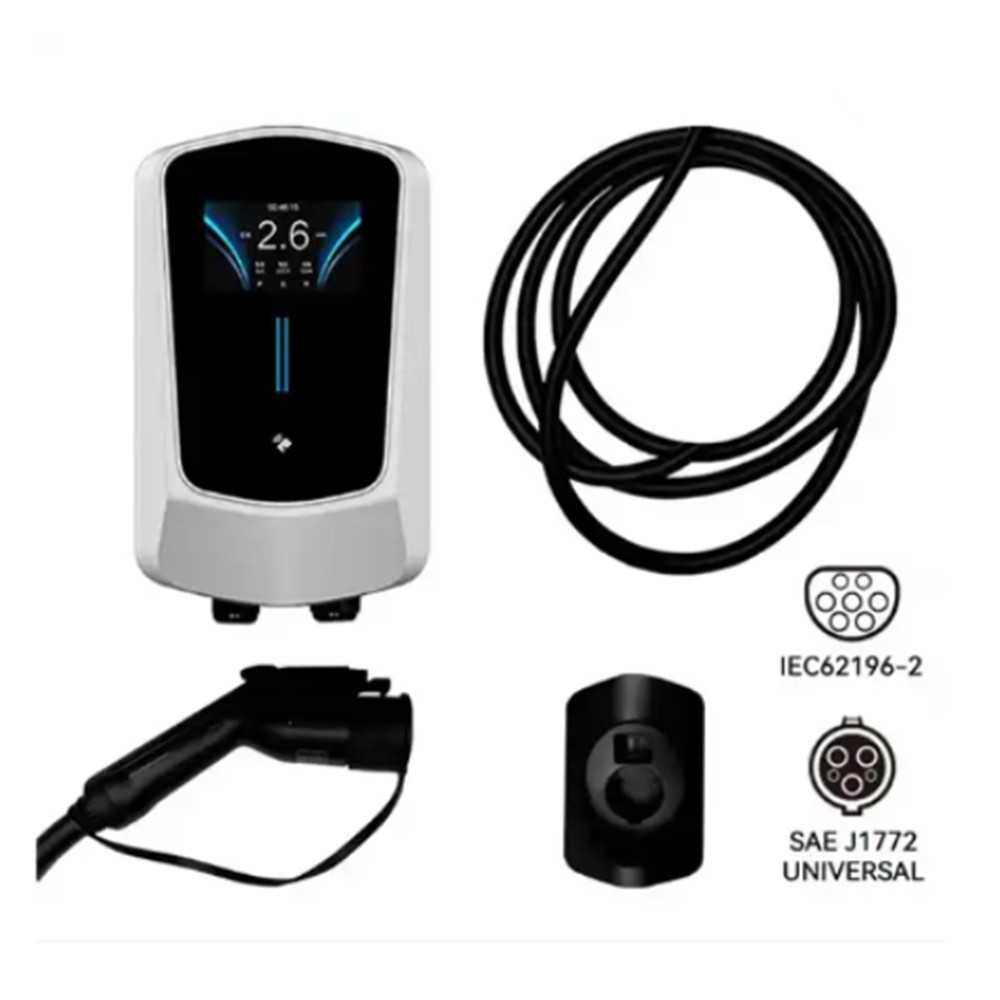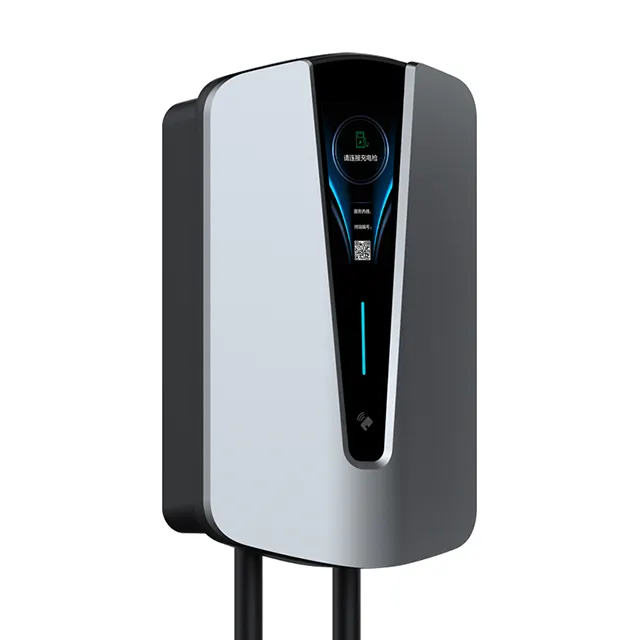Introduction
As we steer into an era where electric vehicles (EVs) are becoming the norm, the spotlight inevitably falls on EV chargers – the unsung heroes in the green revolution of transportation. The relevance of EV chargers has escalated, not just as accessories but as pivotal components in the grand scheme of sustainable mobility. Understanding the anatomy and functionality of EV chargers is not merely for tech enthusiasts; it’s crucial for every EV owner or prospective buyer. Why? Because the efficiency and longevity of your electric vehicle heavily rely on how well you understand and maintain these charging units. From the basic homeowner pondering an installation to the tech-savvy user, a deep dive into the world of EV chargers opens up a realm of enhanced performance and optimal EV handling. So, buckle up as we embark on a journey through the basics, key components, safety features, and the promising future of EV charging technology.
Understanding EV Chargers: The Basics
Electric Vehicle (EV) chargers are more than just power sources; they are the lifelines that ensure the readiness and reliability of your EV. At their core, EV chargers transfer electrical energy from the grid or other power sources into the batteries of electric vehicles. But how exactly do they operate? It primarily revolves around converting alternating current (AC) from your power supply into direct current (DC) that can be stored in the vehicle’s battery.
The types of EV chargers available can be broadly categorized into three levels. Level 1 chargers, the most basic kind, utilize standard household electrical outlets and are generally slower in charging your EV. Level 2 chargers require a higher voltage (usually 240 volts) and are significantly faster, making them suitable for daily use. Lastly, DC Fast Chargers, as the name suggests, provide rapid charging and are ideal for quick top-ups during longer journeys.
Each type plays a distinct role in the EV ecosystem. Level 1 chargers are great for overnight charging at home, while Level 2 chargers often find their place in residential, commercial, and public settings. DC Fast Chargers, on the other hand, are commonly located in public charging stations and are vital for long-distance EV travel.
Key Components of EV Chargers
Diving deeper into the specifics, EV chargers comprise several key components that collectively determine their efficiency and performance. Firstly, the charging cable, which is not just a conduit for power but also a communication line between the charger and the vehicle, ensures safe and efficient charging. Next up is the connector – the point of physical and electrical connection to the vehicle. Its design and compatibility are crucial for effective power transfer.
The control box is another significant component, acting as the brain of the charger. It regulates the charging process, monitors safety parameters, and often communicates with the power grid for optimized charging. Additionally, modern EV chargers are equipped with sophisticated software that manages everything from charging speeds to user authentication and even remote monitoring and control
Enhancing Charger Performance and Safety
Advancements in technology have not only improved the performance of EV chargers but also their safety. Modern chargers are equipped with features like dynamic load balancing, which optimizes power distribution based on demand and availability, and temperature monitoring to prevent overheating. Safety mechanisms, such as ground-fault circuit interrupters (GFCIs) and overcurrent protection, are integral to avoiding electrical hazards.
Regular maintenance and firmware updates are crucial for the longevity and efficiency of EV chargers. This includes routine inspections, cleaning, and software updates to keep up with the latest safety and performance standards.
Frequently Asked Questions (FAQ)
- Can I use any charger with my EV?
Compatibility depends on your vehicle’s connector type and the charger’s specifications. It’s important to use a charger that matches your vehicle’s requirements.
2. How can I increase the charging speed?
Using a higher-level charger, like Level 2 or DC Fast Charger, can significantly increase charging speeds compared to Level 1 chargers.
3. What should I do if my EV charger isn’t working?
Check for common issues like power supply problems, connector damage, or software glitches. Consult the manufacturer’s guide or a professional if the problem persists.
4. Is it safe to charge my EV in the rain?
Yes, EV chargers are designed to be weather-resistant and safe to use in various conditions, including rain.
Conclusion and Future Outlook
As we conclude, the importance of understanding the key components and performance of EV chargers cannot be overstated. This knowledge not only ensures efficient and safe charging but also enhances the overall EV experience. Looking ahead, the future of EV charging technology is bright with trends and innovations such as wireless charging, solar-powered stations, and smart grid integration. These advancements promise to make EV charging more efficient, accessible, and environmentally friendly.
For those keen on embracing EV technology, staying informed about the latest developments in EV charging is crucial. As the world moves towards a more sustainable future, the role of EV chargers in this transition is undoubtedly significant. Whether you’re a business looking to install charging stations or an individual EV owner, understanding these basics is the first step in making the most of your EV’s potential.





